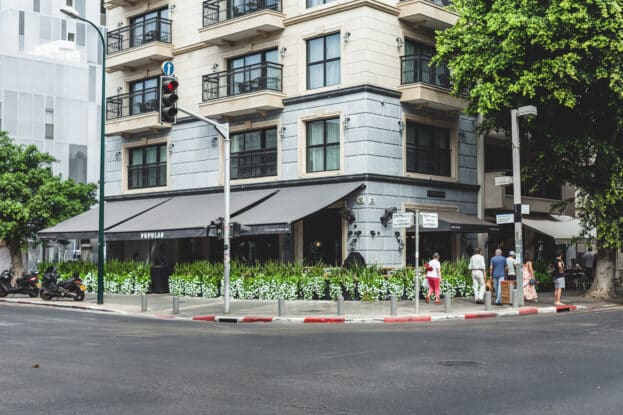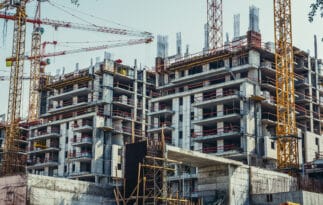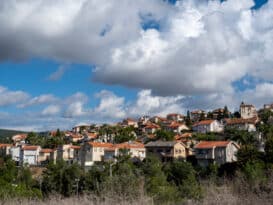The National Planning and Building Council, chaired by Natan ElNatán, approved yesterday (Tuesday) a reform introducing a key change: on a plot designated for hotel use that has not yet received a building permit, it will now be possible to add residential units comprising up to 49% of the total allowable building area. This measure aims to enhance the economic feasibility of new projects, thereby promoting the construction of thousands of hotel rooms to help alleviate Israel’s accommodation shortage and boost market competition.
By Dror Nir Kastel, Nadlan Center
Conditions for adding residential units include: full utilization of hotel development rights first; residences not being located in prime beachfront or open-view areas; physical and functional separation from the hotel; an appraiser’s opinion proving that without the residential component the hotel project is not economically viable; and approval from the Ministry of Tourism.
The aim of allowing the sale of residential units is to overcome the difficulty in obtaining hotel financing, which stems from the instability of the industry. This change will enable additional construction subject to policies that vary by district, according to the area’s characteristics, tourism needs, economic potential, and more.
Hotel rooms in rural areas in Israel to be doubled
Additionally, the ministry and the Planning Administration are approving further steps to increase hotel room numbers: doubling the number of rooms that can be built in a rural hotel from 100 to 200; lifting the ban on hotel construction in mixed rural areas, which includes most central-region villages; and allowing hotels to be built in preserved structures in open areas—such as abandoned heritage buildings like old British Mandate police stations across the country.
Following COVID and the Iron Swords War, we are seeing increasing demand for domestic tourism and diversification in hospitality types. This program aims to improve the economic viability and feasibility of tourism complexes that had been left vacant.
Rafi Elmalich, Director General, Planning Administration
Minister of Tourism Haim Katz: “This move will accelerate the pace of hotel construction in Israel, increase supply, and encourage competition that will impact vacation prices. As of today, we are short 17,000 hotel rooms to meet our strategic goal of 7 million tourists by 2030. Alongside incentivizing developers, we will preserve land reserves for hospitality while maintaining planning balance.”
Chairman of the National Planning Headquarters and of the National Council for Planning and Building, Natan ElNatán: “This is an important program that provides a solution for tourism in Israel. It removes development barriers that existed until now and will encourage the establishment of new hotels alongside residential additions.”
Director General of the Planning Administration, Rafi Elmalich: “Following COVID and the Iron Swords War, we are seeing increasing demand for domestic tourism and diversification in hospitality types. This program aims to improve the economic viability and feasibility of tourism complexes that had been left vacant.”

Nadlan Center is Israel’s leading real estate news and knowledge platform in Hebrew, created for industry professionals. Founded by experts in the field, it delivers in-depth, up-to-date coverage on urban renewal, planning and construction, taxation, and housing policy — tailored to the needs of developers, investors, planners, and financiers. In addition to its widely read news content, Nadlan Center hosts major industry events, professional conferences, and training programs that support the growth and development of the Israeli real estate sector.
Learn more: https://www.nadlancenter.co.il







